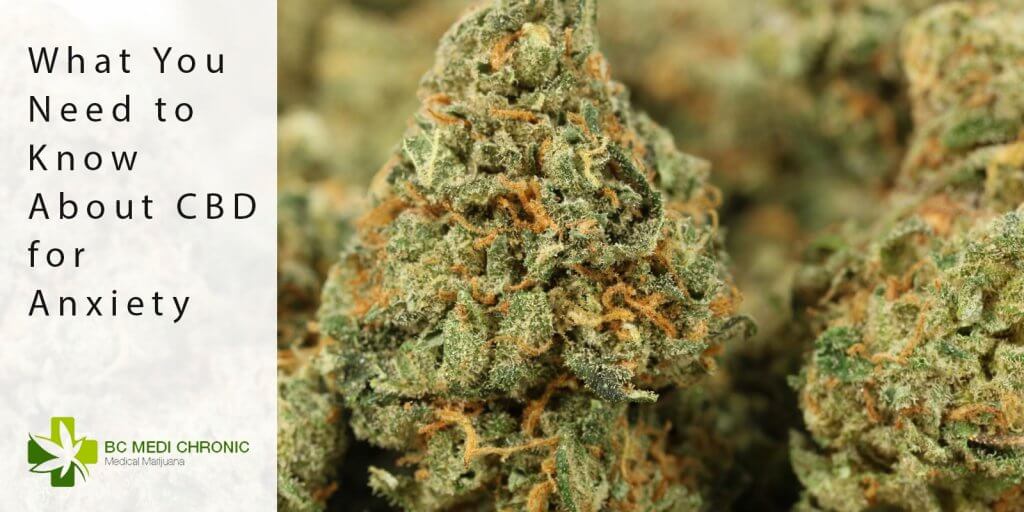CBD is a non-psychoactive cannabinoid found in both cannabis and hemp. In recent years, CBD has been studied as a potential treatment for anxiety as well as other mental and physical disorders. Current evidence suggests that it may be able to reduce symptoms of some types of anxiety, as well as chronic pain. This article will explore what you need to know about using CBD for anxiety.
What is CBD?
CBD is the abbreviation for cannabidiol, which is one of the two major cannabinoids found in cannabis plants. It’s also found in hemp plants. Unlike tetrahydrocannabinol (THC), CBD does not produce any psychoactive effects, meaning it doesn’t get you high.
There are many potential therapeutic benefits to using CBD oil for anxiety. CBD has been shown to reduce anxiety among people who suffer from generalized social anxiety disorder, panic disorder, post-traumatic stress disorder, and obsessive-compulsive disorder. In addition to reducing anxiety, CBD may be able to help with a variety of other mental and physical disorders such as depression, PTSD, epilepsy headaches, chronic pain, diabetes type II prevention, obesity and more.
How CBD Works
CBD is one of many compounds found in cannabis that belong to a class of molecules called cannabinoids. This category of chemicals is responsible for the plant’s psychological effects (i.e., getting “high”). The human body also produces its own cannabinoids. These endocannabinoids are naturally produced by our bodies’ central nervous system and brain, but they don’t produce the same type of reaction as CBD.
To date, there has been limited research into how CBD works. It is believed that its effects are partly due to increased serotonin levels, which can help with anxiety by making some types of people feel less anxious and more relaxed. Studies show that CBD may be able to reduce symptoms of anxiety as well as chronic pain.
CBD for Anxiety
Anxiety is a condition that affects more than 11% of Canadians. It can be classified as either generalized anxiety, panic disorder or social anxiety disorder. Anxiety can also develop as a side effect of some medical conditions, like certain types of cancer, HIV/AIDS and multiple sclerosis. There are many potential treatments for anxiety, including medication, therapy and lifestyle changes. However, these treatments are often ineffective or have unwanted side effects.
CBD may be able to reduce symptoms of some types of anxiety by influencing how the body handles stress and regulating the body’s endocannabinoid system. CBD has been shown to have neuroprotective properties that may be beneficial in treating neurological disorders like Alzheimer’s disease or Parkinson’s disease. CBD may also help to reduce physical pain and inflammation, which can contribute to mental discomfort and worsen symptoms of depression and anxiety.
As the interest in CBD continues to grow, more research will likely explore its therapeutic potential for numerous conditions.
Conclusion
CBD has been shown to reduce anxiety in many people, but it’s important to understand that your body’s endocannabinoid system is made up of many compounds, not just CBD. CBD is not a cure-all for anxiety, but it can be an effective complementary therapy for anxiety. If you’re interested in trying CBD oil for your anxiety, BCmedichronic.org offers a range of high quality CBD products at great prices.

